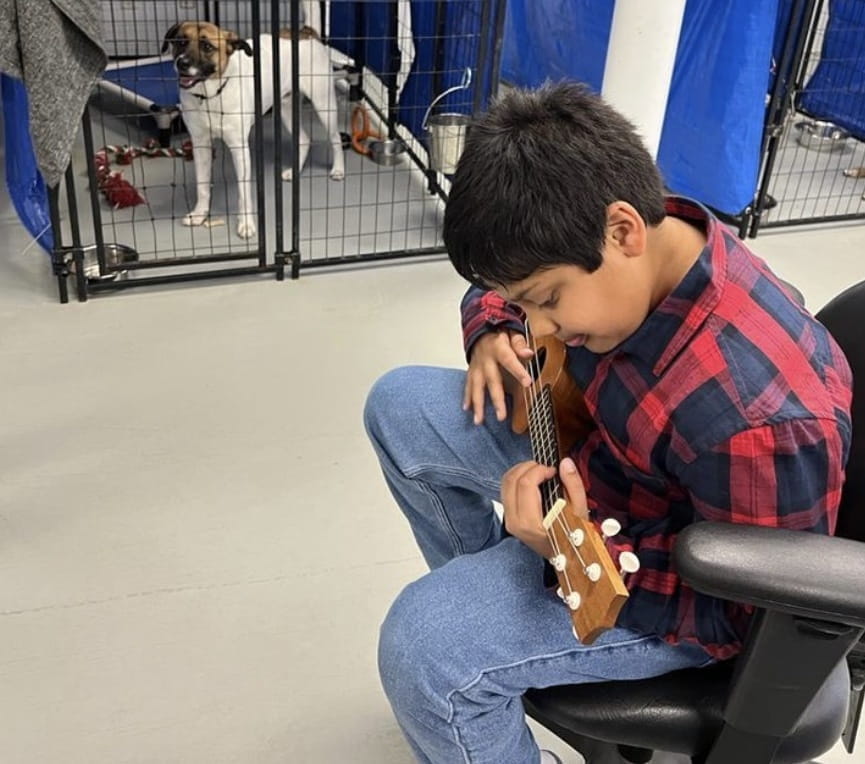1. Integrating English Language Acquisition (ELA) with Cultural Acclimation
At the forefront of effective student transitions is the integration of ELA with cultural acclimation programs. This holistic model provides a comprehensive educational experience that recognizes the symbiotic relationship between language proficiency and cultural understanding.
2. Dedicated Support from Cultural Acclimation Specialists
Schools should prioritize the appointment of dedicated Cultural Acclimation Specialists. These professionals play a pivotal role in ensuring students not only excel academically but also receive personalized support in navigating the cultural nuances of their new environment. A well-rounded education extends beyond academic achievement and emphasizes the holistic development of students.
3. Inclusive Cultural Acclimation Programs
Creating an inclusive and supportive atmosphere is paramount. Schools can implement programs that focus on fostering cross-cultural friendships and helping students feel at home in their new surroundings. Such initiatives contribute to a positive learning environment where students can thrive both academically and personally.
4. Student Mentorship Programs
Emphasizing the importance of peer support, schools should consider implementing student mentorship programs. Selecting outstanding individuals and student leaders who have successfully navigated their own cultural acclimation process can provide invaluable guidance to newer students. The mentorship approach not only establishes a structured support system but also fosters a sense of camaraderie among learners.
5. Embracing Diversity as a Core Value
International schools should prioritize embracing diversity as a core value. This commitment ensures students and families feel valued and supported, contributing to a more inclusive and enriching educational community.
By adopting these strategies, schools can actively contribute to overcoming the challenges associated with student transitions. Addressing these challenges is not just a necessity but a responsibility for every institution committed to providing a world-class education.
At The Village School, we have successfully implemented such a program, led by Cultural Acclimation Specialist Amy Melton, who is particularly suited to this role through her own personal journey living in various countries in Asia and the Middle East. As well as being a world class teacher, her commitment to understanding and navigating foreign cultures has led her to write a book delving into the intricacies of adapting to a new culture, integrating into an unfamiliar society, and settling into a new environment, “Living EXPATations”.
These firsthand experiences provide a deep appreciation for the complexities of cultural acclimation. Her ability to relate to the diverse backgrounds of our students allows her to offer valuable insights and support. We take pride in having a Cultural Acclimation Specialist who actively contributes to the field through thoughtful reflection and sharing of experiences.
The Village School maintains a dedication to nurturing the academic success, emotional and cultural growth of our students. We understand that a thriving educational community encompasses more than just language proficiency; it involves a deep appreciation for cultural diversity and a commitment to ensuring that every student and family feels valued and supported.





